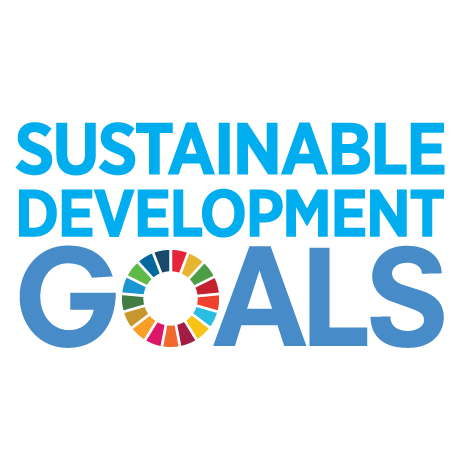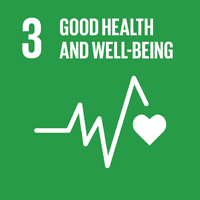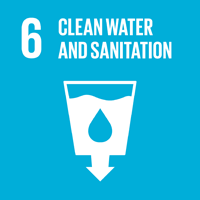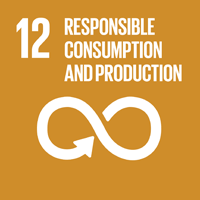Highlights
- For the third consecutive year, Greif subsidiary, Soterra, received Sustainable Forestry Initiative (SFI®) certification in 2023 for its forest management activities and products. Since 2008, our land management practices have aligned with SFI principles.
- We continually aim to improve our land management practices by implementing technology when opportunities arise, including the use of drone technology.
- In 2023, we had 176,672 acres of forest under management, which sequestered approximately 151,938 metric tons of CO2.
- We achieved a pivotal milestone in diversifying Soterra’s revenue streams, with over 51 percent of Soterra’s revenue generated from non-timber land management initiatives.
Why Prioritizing Nature Matters
At Greif, we embrace the responsibility of generating positive impacts on our owned and operated lands. Through informed management decisions, we seek to maximize the value of our land while upholding the highest standards in forestry management. Our dedication extends to actively fostering biodiversity, habitat restoration and decarbonization through our land management practices.
Governance
In addition to the Board’s oversight of land management, Soterra oversees our corporate commitment to exemplary land stewardship. Operating across Alabama, Louisiana and Mississippi in the southeastern U.S., Soterra manages 176,672 acres of timberland. These forests serve as vital ecosystems, providing habitats for wildlife and spaces for recreational land use. Soterra forests sequestered nearly 151,938 metric tons of CO2 in 2023 alone. Our Land Resource Group conducts comprehensive annual resource analysis of our operations, reinforcing our commitment to sustainable land management practices. This proactive approach ensures that we consistently uphold responsible and environmentally conscious standards in our operations.
In 2023, Soterra secured the SFI certification for the third consecutive year, covering all its forest management activities on owned and managed lands, including the harvesting of forest products. While our land management practices have aligned with SFI principles since 2008, obtaining formal certification reinforces our accountability and acknowledges established best practices, further aligning with Greif’s overarching sustainability strategy.
Soterra adheres to stringent harvesting and forestry practices, guided by SFI and state-specific best management practices. We are committed to upholding regulatory requirements and implementing the highest state practices across our operations. We employ a sustainable harvest methodology with a 30-year rotation to manage our timberlands. Before initiating harvest on any site, a comprehensive review assesses overall risk of negative impact to biodiversity and identifies protected animal or plant species by regular ground walkthroughs to minimize our impact on the local flora and fauna.
For sites with high biodiversity value or that include habitat for protected species, we establish appropriate buffer zones, altering preparation and harvesting methods as needed. Regular field inspections provide ongoing updates with potential changes to biodiversity impacts. To date, no Soterra-managed lands have been identified as having high biodiversity value. However, since 2008, 37 G1 and G2¹ species, including birds, reptiles, mammals, amphibians, fish, clams, insects and plants, have been identified in the counties and/or parishes where Soterra owns land.
Our commitment also extends to recognizing and respecting the rights of Indigenous Peoples, as detailed in our Indigenous Peoples Policy. While no known existing tribes inhabit our operating territory, we strive to learn more about and cooperate with the federally recognized Indigenous tribes of Alabama, Louisiana and Mississippi.
[1] G1 species is defined as Critically Imperiled Globally; G2 species is defined as Imperiled Globally by Nature Serve, a leading non-profit conservation organization
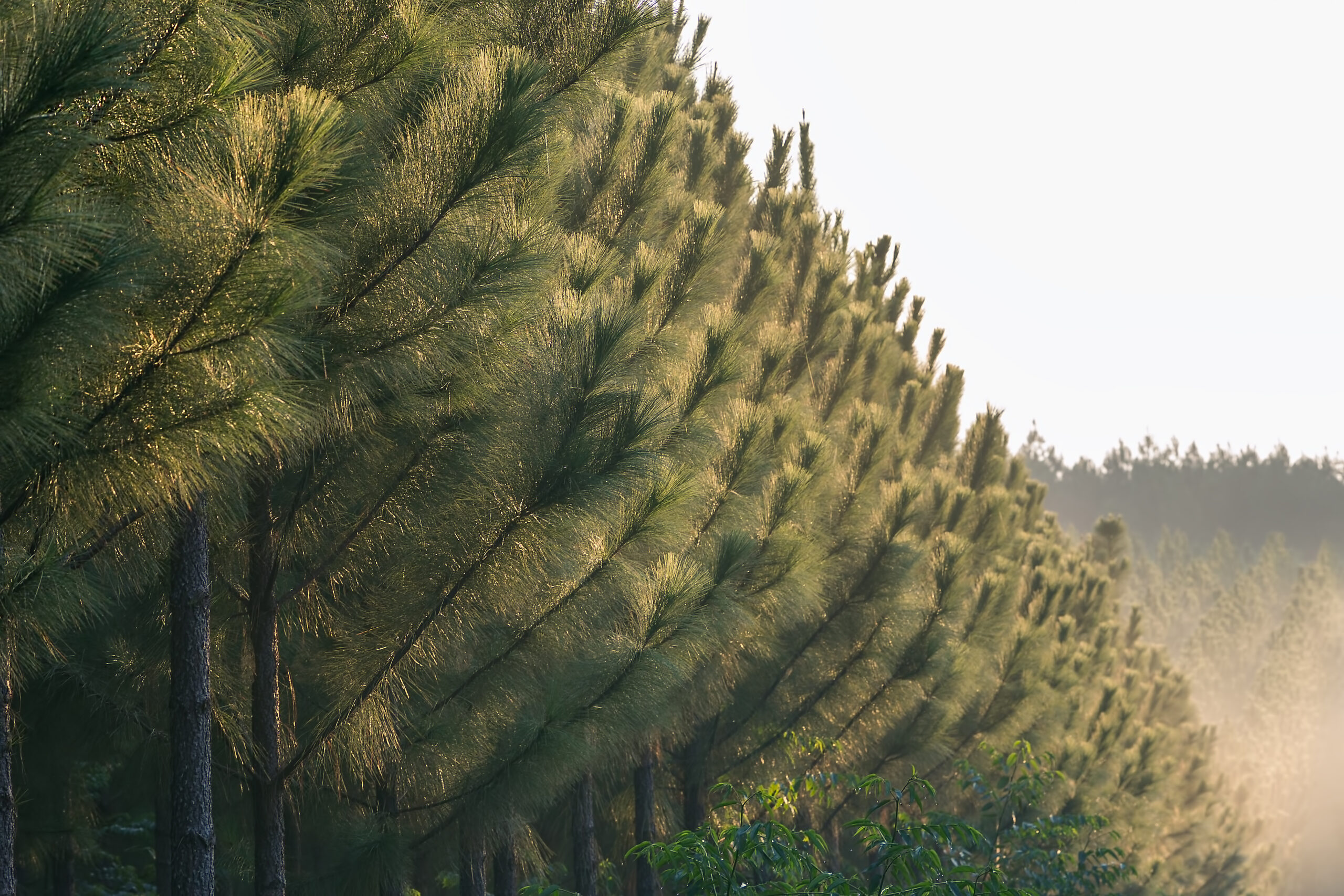
Sustainable Forest Management
Greif Paperboard mills are certified to Sustainable Forestry Initiative (SFI®), Forest Stewardship Council® (FSC®) C003539, and Program for the Endorsement of Forest Certification (PEFC®) Chain of Custody. Additionally, our Soterra land management operations are SFI certified. These certification systems provide third-party verification to track and disclose the amount of product generated from sustainably managed land. Our Sustainable Forestry Policy and SFI Procurement Policy ensure Greif maintains healthy and productive forests on the lands we own and operate. Please visit our 2024 Certificates document to learn more about our certifications.
We leverage technology to further elevate our land management practices. With geographic information systems and drone technology, we streamline the recording and monitoring of planting, maintenance and harvesting activities. These technological advancements not only prioritize the safety of our colleagues, but also improve overall efficiency, resulting in substantial cost savings.
We have used drones to manage more than 220,000 acres of both company and private land. In the aftermath of Hurricane Ida in Louisiana in 2021, rather than jeopardizing our colleagues’ wellbeing, we strategically utilized satellite imagery to guide the deployment of drones, effectively mapping areas significantly impacted by the disaster. The use of drones will allow us to continually monitor forest health, including the effects of severe droughts and bug infestations.
We are proactively diversifying our land management revenue streams to better align with the growing demand for sustainable products and services while also reducing financial risk. A key component of this strategy is integrating solar energy development into our land management activities. We currently have partnerships with 14 developers, extending solar options across 27 sites and over 65,000 acres of land. Louisiana stands at the forefront of our solar initiatives, with additional projects under development in Mississippi and Alabama. We continuously monitor and address any biodiversity impacts as our solar initiatives expand, ensuring the protection of crucial corridors and stream zones.
In 2022, we initiated a comprehensive third-party assessment to evaluate the carbon sequestration potential of specific areas within our managed timberland. This led to a strategic partnership with an external entity for the active promotion and sale of carbon offsets to emitters, which we plan to launch in 2024. We recognize the heightened public scrutiny surrounding the legitimacy and quality of carbon offsets and have taken these concerns under careful consideration as we move forward. We will prioritize transparency with stakeholders to support the validity of this program as we continue to evaluate our land for potential carbon offset projects.
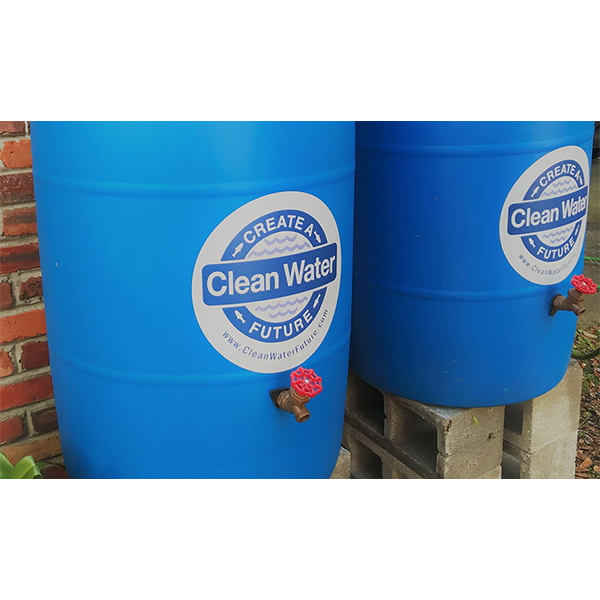
Rain Barrel Program Receives Stewardship Environmental Award
In 2018, Soterra partnered with the National Estuary Program to use donated Greif drums to collect rainwater for use by individual households in the community. Through the program, each drum is outfitted with a rain barrel conversion kit to help store, capture and reuse rainwater. The barrels are installed in underdeveloped areas with historically high utility costs that are also prone to flooding and water pollution associated with excessive water runoff. We had installed 200 drums collecting nearly 260,000* gallons of water, and in 2023 we delivered an additional 100 drums to expand this project to 300 total drums installed to date. We also provide homeowners with the proper training and instruction upon installation.
In 2019, we received an Environmental Stewardship award from Partners for Environmental Progress in recognition of this program.Goals, Progress & Performance
2030 Goal:
- Non-timber revenue to exceed 50 percent in 2023.
- Receive construction notice on at least one solar farm.
In 2023, we continued diversifying our land management revenue streams, including the sale of byproducts, consulting services, carbon storage and renewable energy to customers. A pivotal achievement was surpassing our 2023 goal of securing more than 50 percent of revenue from non-timber sources. This marked a transformative moment for Soterra in the transition from a traditional timber harvesting business model toward a land management one.
Notably, our consulting services played an important role in regenerating and planting trees on more than 44,000 acres of private lands since 2016, representing two ongoing leases enrolled for our carbon capture and storage project. In 2022, we began selling pine straw byproducts, which do not require cutting down trees and thus maintain the forest canopy, fostering thriving wildlife habitat. The success of our recreational leasing business has also been instrumental in diversifying our land management revenue portfolio.
Breakdown of Revenue from Non-timber Land Management Initiatives (Percentage):

